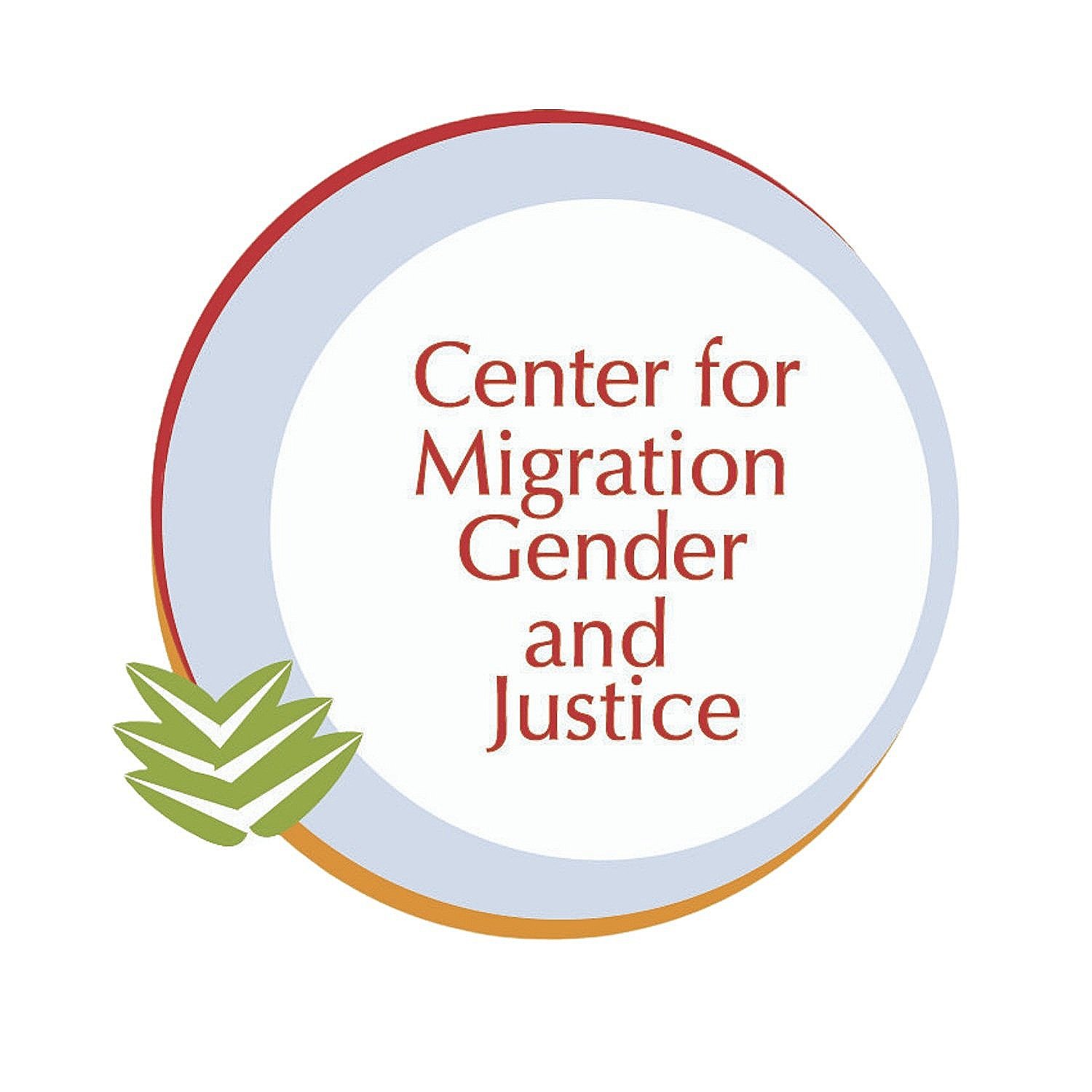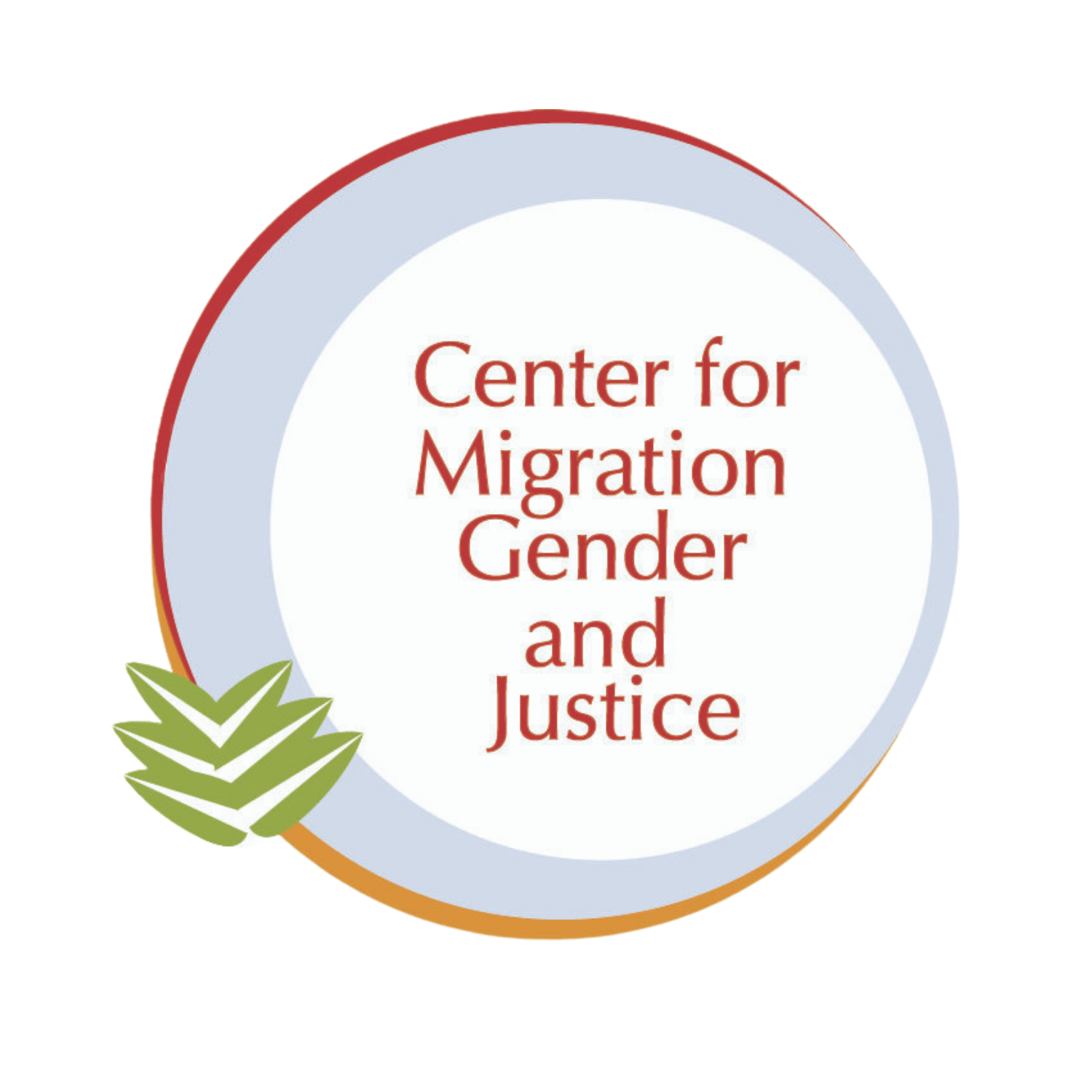Why we cannot afford to leave migrants behind in Europe’s digital skills and job drive!
Quick one: including migrants is not a favor!
Damilola Adeniran, CMGJ Migrant Youth Advocacy Training (MYAT) Participant (2023)
Advocating for an inclusive job market
Bringing migrant and gender-sensitive perspectives to conversations was the one thing on my mind as I arrived in Strasbourg on a warm afternoon to attend the 2023 European Youth Event (EYE). As a migrant youth advocate, I was determined and prepared to be the loud and clear voice of other young migrants like myself who did not have the opportunity of making it to the famed walls of the European Parliament.
As I strolled through the Parliament building and the buzzing EYE village, the plethora of banners from Together EU said one key thing to me - inclusion means leaving no one behind in creating a Europe that works for all. Jobs and digital skills were a popular topic and recurring theme during the EYE, but migrant-inclusive perspectives were alarmingly silent. That did not feel right to me and perhaps many migrants like myself in Europe would agree. To be honest, I have my reservations regarding several EU policies but having gone through some of the EU policies and programs on jobs and skills, something that I and the EU both agree on is the importance of digital skills in improving access to decent and better paying jobs, especially for women and young people.
Let me share an example of the EU Gender Equality Strategy 2020-2025, which we analyzed as part of the Migrant Youth Training (MYAT) to sufficiently prepare me and my fellow migrant youth advocates for the EYE. Using CMGJ’s Gender-Migration Index (GMI), I carried out a critical assessment of the Strategy and other legal-institutional frameworks to examine the level of content, engagement, and commitment made towards addressing issues involving the intersection of migration and gender. Here is what I found:
The Strategy highlights that a majority of jobs require digital skills, but women only represent a small fraction (17%) of people in Information and Communications Technology (ICT) studies and careers in the EU. The careers requiring digital skills are also the higher paying jobs that could be key to shrinking the gender pay gap. However, the document, 20-pages long containing over 7,000 words only mentioned migrants or migration a total of 6 times with only one of those mentions speaking to the unique challenges that migrant women face in the EU job market relative to underrepresentation, marginalization, and discrimination, but without tailored commitments to tackling these issues.
Advocating for an inclusive job market at the 2023 EYE
That feeling of paucity in the inclusion of migrant perspectives in job and skills policy continued during my participation at the EYE. I attended sessions with titles such as “Career? Ready, set, go! How to improve school-to-work transitions” and “Engaged4YOUth: MEPs want to hear from you” that all had a focus on youth, jobs, skills, and digitalization. However, yet again, migrant perspectives were largely missing from the presentations. With my inputs, questions, and contributions in those meetings, and armed with the knowledge and skills from the MYAT, I consistently sought to steer the conversation to be inclusive of the unique challenges that migrants face in accessing skills and jobs in Europe which I will highlight further in later sections of this piece, stay with me.
Quick one: including migrants is not a favor!
Before we go further, I want to make a quick pause to state this: for me, integrating and facilitating migrants' improved access to the labor market in Europe is not a matter of charity, it is a real necessity.
Europe’s labor shortage is well-documented. An aging population and declining birthrate highlights the immense potential to better include and equip migrants to actively participate in the labor market and contribute more meaningfully to Europe’s economy.
According to news reports, there are almost two million vacant jobs in Germany across various sectors and the story in France is not very different. Around 50% of companies in France that participated in a survey revealed that they were seeking to hire, but as much as 94% of them were finding it difficult to get candidates to fill vacant positions. The trend remains the same in Austria, where a top official at the Austrian economic chamber admits vacancies are at “an all-time high” and “employees are urgently needed everywhere”.
A better deal for migrants: ease of access, more retention
Migrants can help address these labor shortages, but more needs to be done to recognize and overcome the significant barriers they face in accessing jobs. Many migrants bring in-demand skills and experiences from their home countries, but often face challenges related to language, finding accommodation and social connections, as well as discriminatory recruitment and an overly complex bureaucracy. Some of these issues influence the ability of migrants to have their qualifications recognized, get their visas processed, bring their family over, and also exercise their entrepreneurial skills in setting up businesses that can employ others. Many migrants also face issues related to lower wages and less favorable working conditions that stifle their motivation and productivity.
The impact of this is that the EU's ability to attract and retain migrant talents is deteriorating. In fact, a recent study showed that Germany, Europe’s largest economy, has fallen from 12th place in 2019 to 15th place in 2023 in an Indicators of Talent Attractiveness study by the OECD covering 38 countries. This is not a particularly heartwarming indicator for a country that requires a net balance of 400,000 immigrants to come to the country every year to help fill the gaps in the labor market but is currently struggling to hit the 300,000 mark. The situation is not limited to a reduced ability to attract migrants but also the ability to retain them as there is a growing propensity for migrants that are already in the country leaving after a few years due to the factors stated above.
It is clear that there is a need to simplify processes and implement policies to incentivize, fairly recruit, adequately compensate, attract, and retain migrant talents while supporting their innovation and integration into society. There is also a need for digital skills strategies to be more inclusive and targeted at upskilling migrants already within the EU while executing a more holistic integration process. A holistic integration policy is one that is sensitive enough to maximize the skills, experiences, and aspirations of migrants while enabling them to participate more meaningfully in society.
What’s next?
Nothing that I have stated is new; there have been plenty of conversations around these issues and recommendations already made by EU institutions and other stakeholders. There is not plenty of room to feign ignorance. However, the unending talk about Europe attracting and retaining migrant labor to the EU is no longer sufficient when there is a gap in reflecting migrant perspectives in the policies drafted as well as the stark reality on ground. That reality can be seen in a report that revealed that over 40% of people in Germany with a migration background and especially with “foreign sounding names” say that they have experienced discrimination at work or during recruitment, while also feeling pressured to work much harder than their German colleagues. The data, which also showed that women were the most affected by these discriminatory practices, was obtained from a study carried out by one of Germany’s most popular job portals - Indeed.
So, I ask: How can the EU attract and retain talent if policies do not provide a working framework to regulate and eliminate the mentioned issues? I dare say it is time to walk the talk and move away from subtle and undue securitization and externalization of EU’s migration policy and rather focus more on improving pathways for formal employment, simplifying and further digitalizing the bureaucratic process to ensure it is more efficient, faster, stressless, and seamless for migrants.
Indeed, my participation in the MYAT and my subsequent participation in the EYE has served as a timely reminder and energizer for me to continually push the EU and other stakeholders to move from words to action in ensuring that migrant perspectives and aspirations are better reflected in both policy and practice - the usual rhetoric will not suffice.

